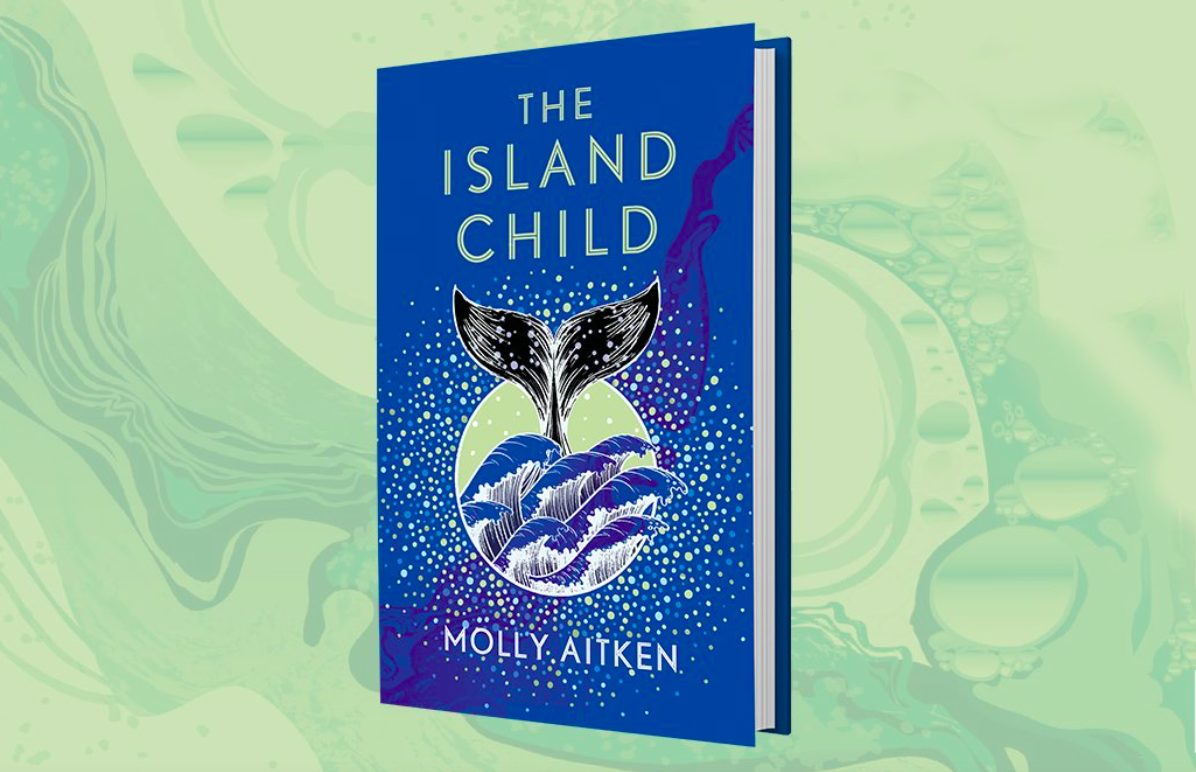The Island Child by Molly Aitken sits just on the edge of reality and magic. It draws inspiration from Irish folklore and faerie stories. It captures the imagination of readers and transports them to the setting – the Island of Inis.
Oona left the island twenty years ago but as she grows up her memories and dreams intertwine to create a person of their own. Oona must delve into her past and examine her experiences. She must revaluate her life and dreams in the light of the incidents all those years ago. It is impossible to escape the past.
Oona is drawn to Felim – and this attraction is dangerous. The island is deeply religious and Felim and his mother, living in a lonely cottage, are the ‘other’. This relationship lends a forbidden quality to Oona’s story and it is evident from the beginning that a number of unfortunate incidents will occur as a result of this relationship. In some ways, the story is predictable but the narration is paced such that there is a fast cycle of mystery and revelation throughout.
Later on in the book, when Oona’s daughter vanishes, she must confront the story of her life. Aitken is able to bring out the many complex emotions that surround a mother-daughter relationship and treat it with an air of approachability. All of the characters in the novel are familiar, but just that little bit out of reach in their aloofness.
The novel has a dream-like quality to it. It is genius to have an unreliable narrator in such a setting – it is not always evident if the scene presented is reality or a figment of imagination. The storytelling relies on the fickle nature of thoughts and the ephemeral memories accessed through the passage of time. Aitken’s debut work is well put together, and in weaving the folklore of isolated island life with the coming-of-age story of a young girl the author has successfully planted herself as a name in magic realism.
This book is the first of two parts. The following book, Vinegar and Honey, will involve rising seas, goddesses and dark Christian religious practices against women in its myriad themes. It is safe to say that with Aitken’s quality of prose and imagination, the second book will also be one to look forward to.


Comments